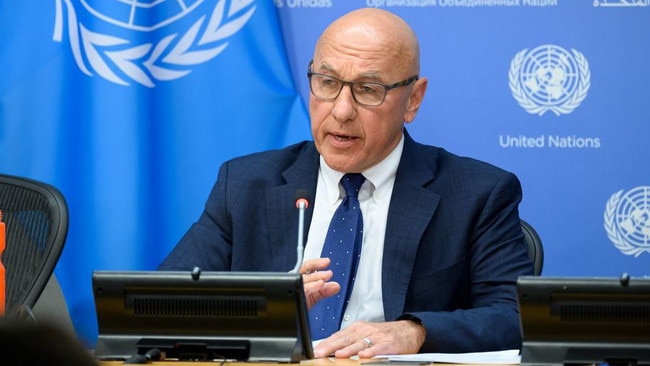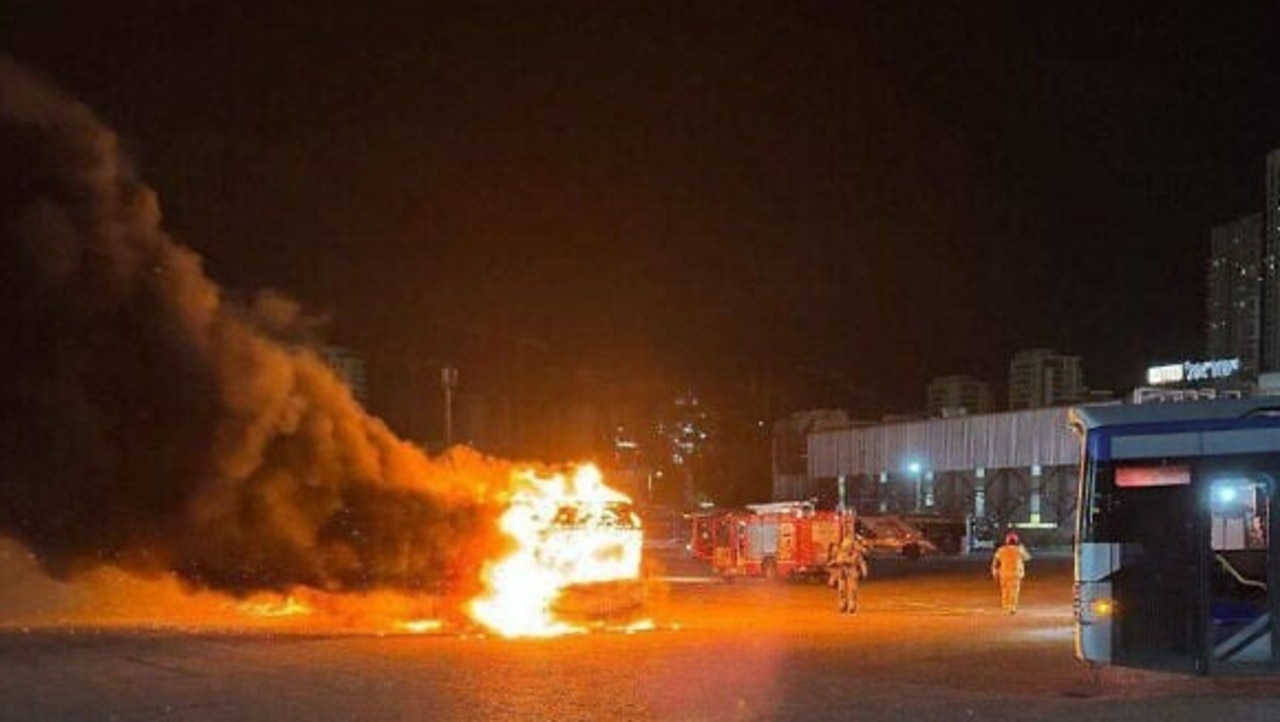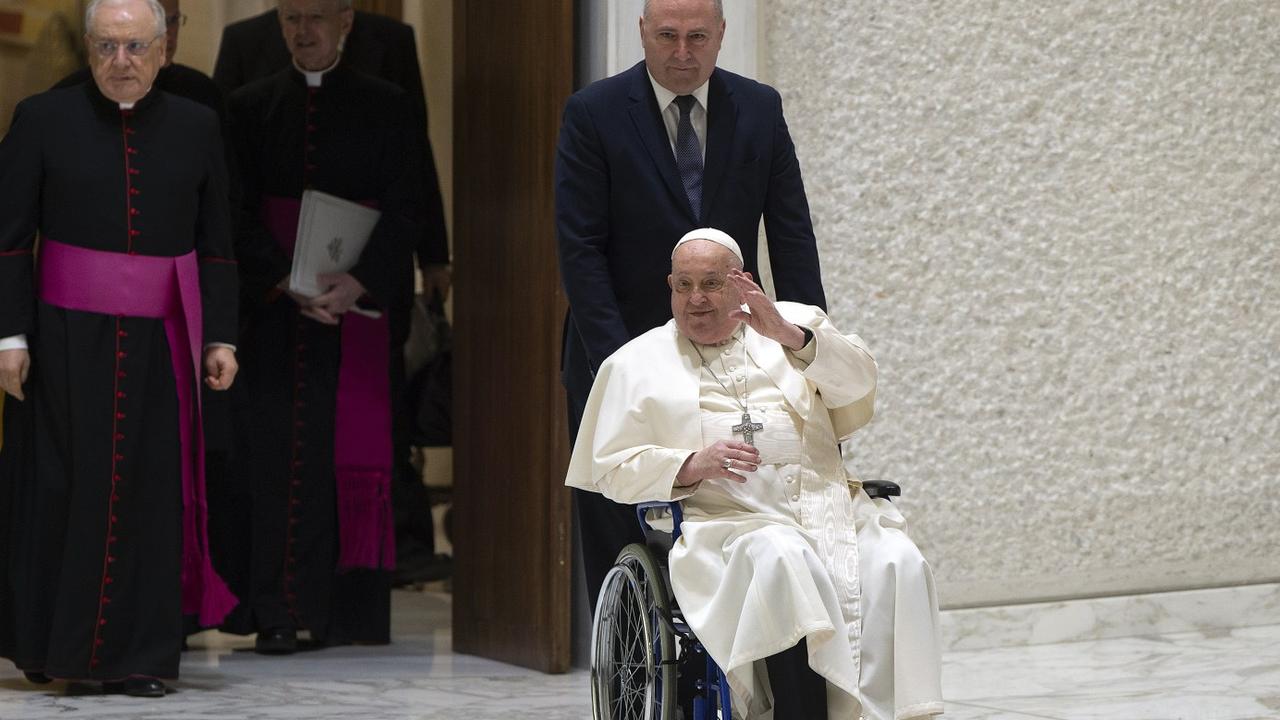Jakarta urged to take lead on holding Myanmar junta to account
UN special envoy Tom Andrews attacks the ‘glacial’ pace with which ASEAN is approaching the crisis.

Indonesia must build a coalition of nations willing to hold the Myanmar junta to account for human rights crimes against its own people in the wake of the Thai-hosted meeting this week with neighbouring countries and senior regime officials, a UN special envoy has said.
Tom Andrews, the UN’s special rapporteur on the human rights situation in Myanmar, said Indonesia’s strong leadership on the crisis now faced two obstacles; the junta itself and the group of regional governments that – by this week’s meeting – had lent it legitimacy and undermined ASEAN unity.
Indonesia, Singapore and Malaysia refused to attend the meeting attended by representatives from all other ASEAN countries, plus China and India, which breached an agreement by member nations to exclude junta officials from high-level meetings until the regime began implementing the recommendations in its five-point peace plan.
“Legitimising a military junta as it relentlessly attacks its people is a betrayal of the people of Myanmar and a grave mistake,” Mr Andrews said of the regime that ousted the civilian government of Aung San Suu Kyi in a coup on February 1, 2021.
“It is time to consider alternative options to break what has become a deadly stalemate. Even if ASEAN remains deadlocked, I urge Indonesia to reach out to those nations who support the people of Myanmar and engage in co-ordinated actions that will isolate and degrade the junta’s capacity to attack the people of Myanmar.”
Citing the need to co-ordinate sanctions and crack down on weapons supply chains to the junta, Mr Andrews said it was critical to deprive the generals of the “three critical ingredients” they need to survive — money, weapons and legitimacy.
The former US congressman has repeatedly called for a ban on the sale or transfer of weapons to the Myanmar military since the coup, and pleaded for UN member states to enforce existing bans while co-ordinating sanctions on arms dealers and foreign currency sources.
But while Singapore has joined Indonesia in calling for ASEAN to put more pressure on Myanmar, a UN report last month revealed the city state is the junta’s third largest supplier of military materials behind China and Russia with $US254m in sales from the time of the coup in early 2021 to last December. Some 138 firms inside the city state were supplying raw weapons material to the military, it found.
Russia has sent $US406m worth of fighter jets, missile systems, attack drones and tank upgrades, according to the report, while some $US260m in advanced trainer and light attack jets, spare parts and raw materials has been dispatched from China.
Entities operating out of Singapore had become critical to the operation of the Myanmar military’s weapons systems, Mr Andrews told The Australian on Wednesday in Jakarta at the end of a nine-day trip to discuss the crisis with Indonesian and ASEAN officials and activists.
The Singapore government has begun an investigation into the weapons material trade to Myanmar, and any subsequent crackdown from within its jurisdiction would “make a very significant difference”, he added.
More than 3600 civilians have been killed by the junta since the coup, 22,000 have been detained, and more than 58,000 homes, schools and clinics razed.
But Mr Andrews said he worried the deepening crisis had become invisible to much of the world and that “some governments are beginning to think the junta is inevitable”. “This narrative is exactly what the junta wants and needs to prevail.”
He attacked the “glacial” pace with which ASEAN was approaching the crisis, accusing the bloc of acting as though it was on an entirely “different time zone” to that in which the conflict in Myanmar was escalating.
One time zone was “the reality of the people of Myanmar who face daily attacks by junta forces and rapidly deteriorating conditions.; the other is the world of ASEAN officials who say progress could take years, even decades – the people of Myanmar do not have decades”.



